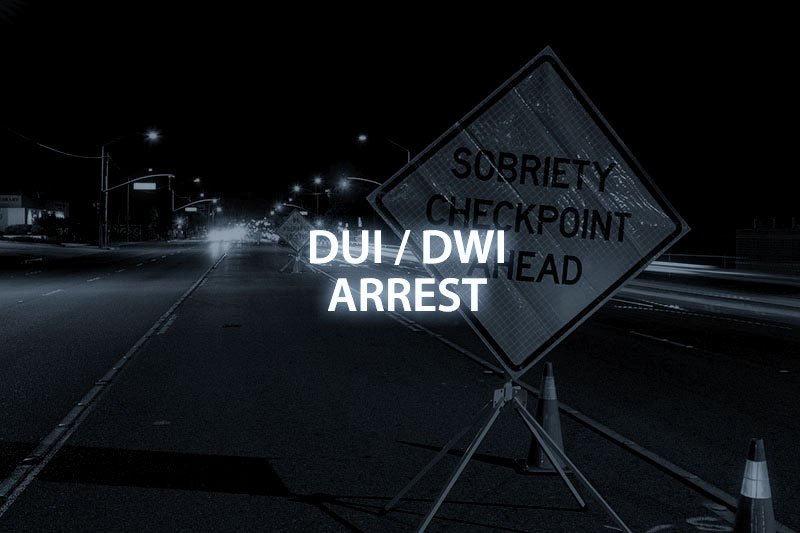If you’ve ever been pulled over by law enforcement in California under the suspicion of driving under the influence (DUI), you may be familiar with the term “Field Sobriety Tests” (FSTs). These roadside tests are designed to help officers determine whether a driver is impaired. It’s critical to understand what these tests entail, their reliability, and how to handle them if you find yourself in such a situation. Let’s delve into the various types of FSTs used in California and discuss tips to navigate them effectively.
Types of Field Sobriety Tests
There are several standardized field sobriety tests that are commonly used by law enforcement across the United States, including California. These tests are sanctioned by the National Highway Traffic Safety Administration (NHTSA):
Horizontal Gaze Nystagmus (HGN)
The HGN test involves tracking an object with the eyes (usually a pen or small flashlight) to determine the driver’s ability to follow a moving object smoothly. If the eye jerks (nystagmus) are noted as the eyes move to the side, this is believed to be a sign of impairment.
Walk-and-Turn (WAT)
During this test, the driver is instructed to take nine steps, heel-to-toe, along a straight line, then turn on one foot and return in the same manner. Signs of impairment may include the inability to keep balance, taking the wrong number of steps, or not touching heel-to-toe.
One-Leg Stand (OLS)
The One-Leg Stand test requires the driver to stand with one foot approximately six inches off the ground and count aloud until told to put the foot down. Indicators of impairment could be hopping to maintain balance, putting the foot down, or using arms to balance.
Reliability of Field Sobriety Tests
The reliability of FSTs has been a subject of debate. While considered reliable by many law enforcement agencies, variables such as individual physical ability, nervousness, road conditions, weather, and officer interpretation can affect a driver’s performance on these tests. As a result, the tests are not foolproof and can result in false positives—indicating impairment when there might be none.
Handling Field Sobriety Tests
If you’re pulled over and asked to perform FSTs, consider the following tips:
Stay Calm
Remaining calm can help mitigate anxiety and nervousness, which can otherwise negatively impact your performance on FSTs.
Understand Your Rights
In California, you are not legally required to submit to FSTs. These tests are voluntary and you have the right to politely decline to take them. However, it’s important to note that this is not true for chemical tests (breath, blood, or urine tests), which carry mandatory penalties if refused post-arrest due to implied consent laws.
Be Polite
If you choose to decline FSTs, do so respectfully. Being confrontational or resistant can lead to further complications.
Request an Attorney
You have the right to seek legal counsel. If unsure about whether to submit to an FST, you can ask to speak to an attorney.
Inquire About Alternative Tests
If you anticipate that health issues or other factors could unfairly impact your performance on standard FSTs, mention these to the officer. You can inquire whether alternative tests are available.
Remember, You’re Likely Being Recorded
Modern law enforcement often use body cams or vehicle-mounted cameras that record these stops. Being aware of this may influence how you interact with officers and manage the situation.
Contact DUI Defense Attorney Caryn Warren for Help!
Field Sobriety Tests are just one element of a DUI investigation and not definitively conclusive of impairment. While they may inform an officer’s decision to arrest, there are also subsequent chemical tests that can affect the legal process. Knowing your rights and how to respond when faced with FSTs can be crucial. Always bear in mind the importance of legal representation in these scenarios to ensure your rights are protected and to navigate the complexities that come with DUI charges.
Personal Injury & Criminal Defense Services Available Throughout
Greater Sacramento, Yolo, Placer, and Solano Counties
Antelope, Arden-Arcade, Auburn, Benicia, Carmichael, Citrus Heights, Davis, Dixon, Elk Grove, Fairfield, Fair Oaks, Folsom, Galt, Gold River, Granite Bay, Iselton, Lincoln, Loomis, North Highlands, Orangevale, Rancho Cordova, Rio Linda, Rio Vista, Roseville, Rocklin, Sacramento, Suisun City, Vacaville, Vallejo, West Sacramento, Winters, Woodland

